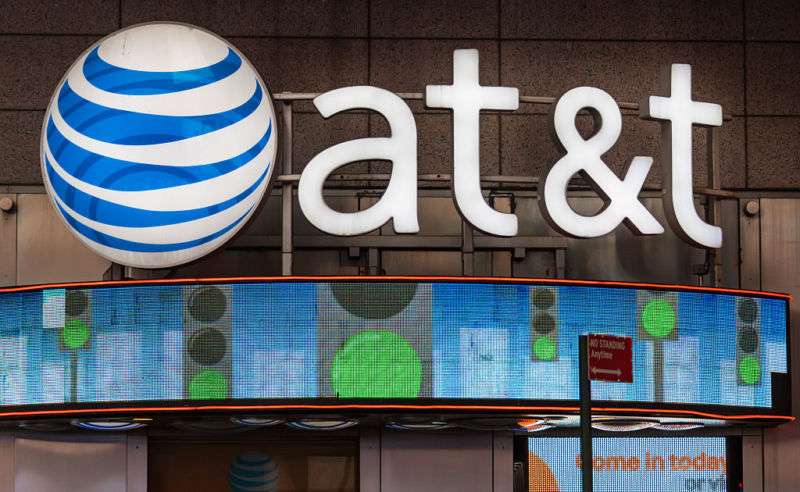
AT&T makes customers work to get refunds they should get automatically

AT&T kept charging DirecTV customers for a sports channel that was blacked out for two months and is only giving customers refunds when they complain to the company.
AT&T’s customer service in this case is falling short of the standard set by Comcast, of all companies. As we wrote Monday, Comcast has been issuing automatic bill credits to customers in Colorado during the blackout of Altitude Sports network, which broadcasts games played by the Denver Nuggets, Colorado Avalanche, and Colorado Rapids.
AT&T didn’t respond to our inquiry on Monday but gave us a statement late Tuesday night.
“We issued credits to thousands of our customers who asked about Altitude Sports while we worked toward getting it back on air,” AT&T told Ars. (AT&T struck a deal with Altitude to get the channel back on DirecTV late last week.)
Notice that AT&T only issued bill credits to “customers who asked about Altitude Sports.” If you paid for a sports channel you didn’t get for two months, you’ll have to contact DirecTV’s customer service to get your money back, because DirecTV owner AT&T chose not to give automatic bill credits to customers affected by the blackout.
Colorado AG investigates
DirecTV and Comcast both charge a Regional Sports Network (RSN) fee for channels that carry games played by local sports teams in each part of the country. DirecTV’s RSN fee in Colorado is $8.50 a month, while Comcast charges $8.
Comcast gave customers a partial credit on that fee, saying it wouldn’t give a full credit since it also airs the AT&T SportsNet Rocky Mountain channel (which broadcasts Colorado Rockies baseball games) and the Pac-12 network (which broadcasts college sports).
TV providers claim they need to charge customers RSN fees to cover the high carriage prices charged by regional sports networks. But AT&T didn’t pay for Altitude in September and October because of a pricing dispute with the network, and it owns AT&T SportsNet Rocky Mountain. That means it only has to pay itself to carry that channel.
Colorado Attorney General Phil Weiser is investigating the matter and told both DirecTV and Comcast in letters that charging a fee for a blacked-out channel “may constitute a deceptive trade practice under the Colorado Consumer Protection Act” and “may result in the imposition of civil penalties up to $20,000 per violation.”
Weiser might have to do more than send letters to get AT&T to give refunds to all customers. Just yesterday, AT&T agreed to pay $60 million back to customers to settle a Federal Trade Commission lawsuit over the carrier’s severe throttling of mobile data plans advertised as “unlimited.” But getting to that outcome took more than five years.
The FTC sued AT&T in 2014, and AT&T responded by claiming that the FTC had no regulatory authority over the company. AT&T even convinced a panel of federal judges that the FTC lacked regulatory authority in 2016, but the FTC kept fighting and got the decision overturned in 2018.
Given AT&T’s disdain for providing refunds and its willingness to fight the government in court, your best bet for now is contacting DirecTV to demand a refund. (Contact information for DirecTV support is at the bottom of this page.)
The RSN fees are an annoyance even for customers who get all the channels the fees are supposed to cover. Comcast, DirecTV, and other providers don’t include RSN fees in their advertised prices, resulting in bill shock when customers find out what they’ll actually pay for TV service. TV providers also routinely raise RSN fees even while customers are under contract.




